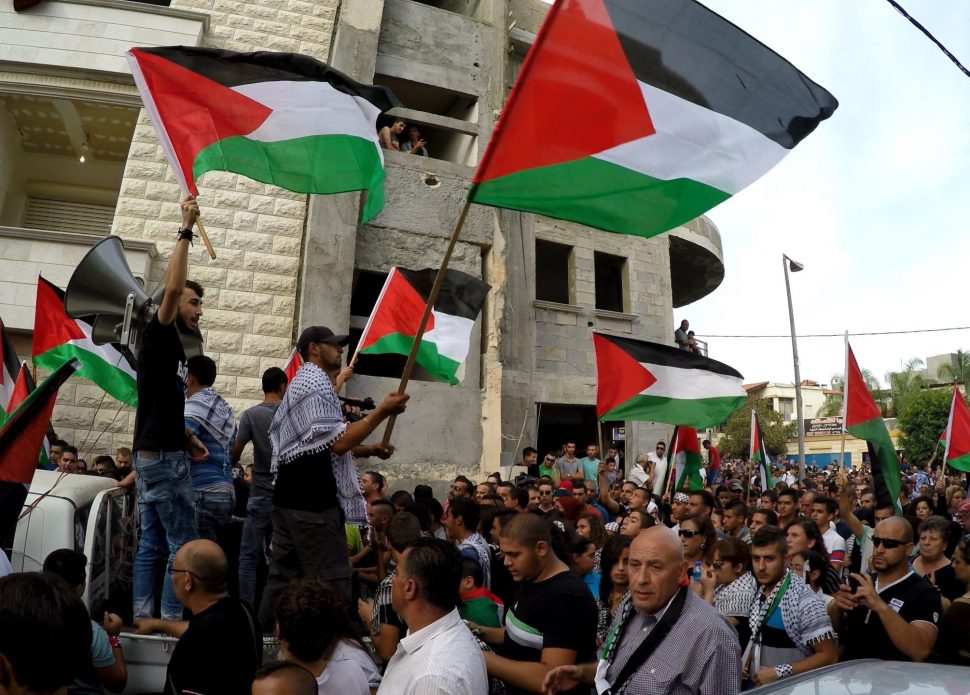
The rift between Hamas and the Palestine Liberation Organization (PLO)—especially its main faction, Fatah—has significantly affected the unity of Palestinian representation.
Hamas, which surfaced during the First Intifada in 1987, has always rejected the Oslo Accords and opposed acknowledging Israel. The PLO, seen globally as the rightful representative of the Palestinian people, has focused on diplomacy and pursuing statehood through negotiations. The presence of two opposing governments—Hamas in Gaza and the Palestinian Authority (PA), led by Fatah, in the West Bank—has sparked internal conflicts that have hindered peace initiatives and weakened the Palestinian stance in international discussions.
Many experts contend that this division has weakened diplomatic influence, complicating efforts to negotiate as a united front, encouraged radicalization, as Hamas’s militant actions—including attacks on Israeli civilians—have drawn global ire and made it challenging to garner international backing for a Palestinian state, and disconnected diaspora communities, who often feel sidelined by both factions. There have been numerous attempts to bring Hamas and the PLO together, including proposals to integrate Hamas into the PLO’s structure. Nonetheless, these initiatives have stumbled due to disagreements on recognizing Israel, armed resistance, and governance approaches.
A revitalized Palestinian leadership should go beyond merely changing personnel; it demands a comprehensive overhaul of institutions, governance, and political culture to regain legitimacy, unify representation, and progress the Palestinian cause. Here is a vision of what this transformation might entail:
– Reaffirm recognition of Israel. A reformed leadership should embrace peaceful coexistence within a two-state framework.
– Reject violence. Senior leaders must publicly denounce terrorism and incitement.
– Collaborate with global partners. Align reform initiatives with those of the U.S., EU, and regional stakeholders while maintaining domestic legitimacy. Achieving this level of transformation will necessitate not only internal commitment but also ongoing international encouragement and incentives.
– Conduct national elections. Revive a spirit of political competition and accountability that has been lacking since 2006.
– Implement a political party law. Foster pluralism and solidify democratic practices.
– Involve all factions. A cooperative governing body that includes Hamas and other groups could promote unity, provided they adhere to nonviolence and the principles set by the Quartet.
– Fight corruption. Bolster anti-corruption mechanisms and promote transparency in hiring, budgeting, and public services.
– Reform the judiciary. Safeguard judicial independence and eliminate executive overreach.
– Enhance service delivery. Streamline bureaucratic processes and empower local governance to meet the needs of the populace better.
– Revamp the PASF. Move towards merit-based promotions rather than loyalty-based ones, aligning personnel with actual security requirements.
– Define roles clearly. Establish distinct functions for security agencies and implement oversight to minimize fragmentation and political influence.
– Increase operational efficiency. Address restrictions on mobility and jurisdiction, especially in Areas B and C.
– Decrease reliance on Israel. Address economic leakages, enhance tax collection, and negotiate equitable trade agreements.
– Modernize banking systems. Mitigate vulnerabilities related to Israeli control and the risks of cash surpluses.
– Empower Palestinian workers. Formalize work permits and safeguard wages to help stabilize household incomes.
– Separate the PA and PLO. Clearly define roles, allowing the Palestinian Authority to handle daily operations while the PLO reestablishes its diplomatic authority.
– Revitalize Fatah. Overcome internal divisions, patronage networks, and stagnant leadership to rebuild trust and credibility.
– Establish succession procedures. Create formal processes for leadership transitions within the PA, PLO, and Fatah to avert authoritarian tendencies.